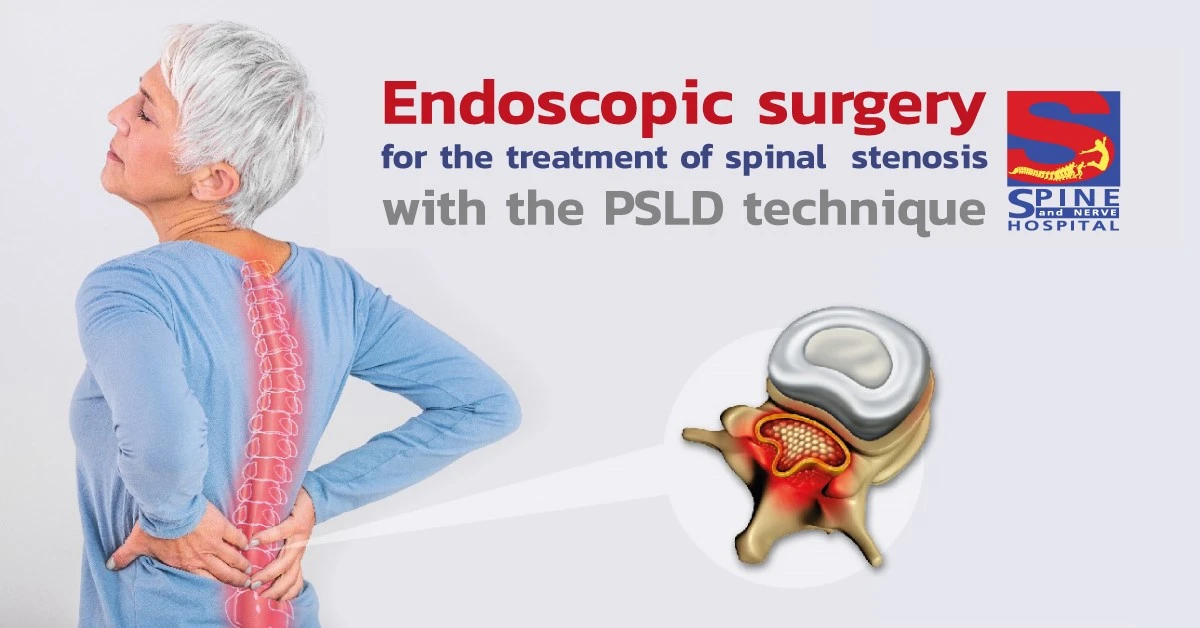
Find a Doctor
Choose by name, specialty and more.

Send an Inquiry
Ask about our treatments and services

Book Appointment
Schedule your visit online.
Adjusting Phone Usage Position to Avoid Neck Pain

“A slight adjustment can make a difference.” This phrase doesn’t seem like a mere cliché, as even specialized medical professionals recommend that if you have neck, back, or shoulder pain, simply making behavior adjustments can lead to a change in your life.
In this “Phubbing” era where society is increasingly adopting electronic devices to replace traditional practices, technology is an indispensable aspect of human life. Certainly, there are always 2 sides to the same coin and while technology is beneficial, it also carries silent threats that can impair people’s lives. Prolonged work in front of computer screens or even mobile phone usage, can lead to the repetition of certain postures which may become habits. Over time, this can develop into Text Neck Syndrome without one realizing it. Without self-adjustment of these behaviors, it’s inevitable that you may be at risk of developing cervical spondylosis in the long run.
According to statistics from S Spine and Nerve Hospital, a specialized hospital for spinal care, it has been observed that since the year 2018 until the present, there has been a fourfold increase in patients seeking treatment for cervical spondylosis, particularly among teenagers and working-age individuals. The main causes are prolonged periods of work without changing posture, as well as the habit of bending the neck while using mobile phones. The most common symptom of this condition is neck pain, which can result from the bulging of cervical intervertebral discs leading to nerve irritation or collapsing cervical spine pressing on nerves. Some patients may also experience pain and numbness radiating to the shoulders, arms, and hands.
The reason why prolonged daily mobile phone usage can lead to Text Neck Syndrome is that when we use our mobile phones, our bodies often adopt an inappropriate posture. This includes tilting the head forward, rounding both shoulders, and hunching the back.
Ways to Prevent Text Neck Syndrome
To prevent Text Neck Syndrome, you can make adjustments to your habits when using mobile phones or other electronic devices, including both your posture and the duration of usage:
If you find yourself sitting while using your mobile phone frequently, it’s a good idea to invest in a quality chair that supports your preferred mobile phone usage posture. An ideal chair for this purpose should have armrests and allow you to maintain the most upright neck posture possible. Avoid bending your head, slouching your back, or rounding your shoulders while using your phone to reduce strain on the cervical spine. Sitting with an upright posture and using back or head support, if available, can significantly help reduce the strain on these areas.
Additionally, you can bend your arms and raise your elbows to position your mobile phone at eye level without having to bend your neck. If you can find a cushion to support your arms, it can be even better because it helps reduce the strain on your arm muscles. Having equipment that supports your arms and shoulder muscles, such as an armrest with phone-holding capabilities or a regular pillow, can also be quite beneficial.
Another factor that can strain the shoulder and arm muscles is using a heavy mobile phone case. Such cases can make the muscles work harder, increasing the likelihood of pain. It’s advisable to use a lightweight phone case to reduce the occurrence of discomfort.

Regarding the posture for using a mobile phone while lying down, we should have one pillow to support under the head, similar to the sleeping posture, but in the case of lying on the floor, we should use another thick pillow underneath the upper body to keep it in the same plane as the head, reducing head bending. Also, use another thick pillow to elevate the hands close to eye level, making it easier to view the phone without bending the head.

Nevertheless, the treatment of pain that arises can be done through physical therapy, such as muscle relaxation, stretching, muscle strengthening, and adjusting body posture to suitable ergonomics. Additionally, using medication to reduce inflammation, neck pain, and relieve muscle tension can also help alleviate discomfort. However, for patients with severe symptoms, such as cervical spondylosis, it may be necessary to consult a specialized spine doctor.
S-Spine And Nerve Products

Endoscopic Surgery For The Treatment Of Spinal Stenosis With The PSLD Technique
Spinal stenosis is one of the major causes of back pain. The disease is caused by a condition in which there is a narrowing of the vertebral cavity, which is the passage of nerves. Narrow stenosis may occur only at one
Read More >
Relieve The Discomfort Of Cervical Spine Pillow Syndrome Caused By Compressed Nerves Using The PSCD Technique.
Have you ever experienced neck pain or pain at the back of your head? Do you also have symptoms such as pain radiating down your arm, a headache at the back of your head, numbness in your fingers, and weakness due to compression of the cervical nerve?
Read More >
Endoscopic Surgery For The Treatment Of Spinal Stenosis With The PSLD Technique
Spinal stenosis is one of the major causes of back pain. The disease is caused by a condition in which there is a narrowing of the vertebral cavity, which is the passage of nerves. Narrow stenosis may occur only at one
Read More >
Relieve The Discomfort Of Cervical Spine Pillow Syndrome Caused By Compressed Nerves Using The PSCD Technique.
Have you ever experienced neck pain or pain at the back of your head? Do you also have symptoms such as pain radiating down your arm, a headache at the back of your head, numbness in your fingers, and weakness due to compression of the cervical nerve?
Read More >
Endoscopic Surgery For The Treatment Of Spinal Stenosis With The PSLD Technique
Spinal stenosis is one of the major causes of back pain. The disease is caused by a condition in which there is a narrowing of the vertebral cavity, which is the passage of nerves. Narrow stenosis may occur only at one
Read More >
Relieve The Discomfort Of Cervical Spine Pillow Syndrome Caused By Compressed Nerves Using The PSCD Technique.
Have you ever experienced neck pain or pain at the back of your head? Do you also have symptoms such as pain radiating down your arm, a headache at the back of your head, numbness in your fingers, and weakness due to compression of the cervical nerve?
Read More >Health Tips

Neck Nape Pain, The Beginning Of Cervical Spondylosis

Adjusting Phone Usage Position To Avoid Neck Pain

Back Pain Spreading To Legs

Neck Nape Pain, The Beginning Of Cervical Spondylosis

Adjusting Phone Usage Position To Avoid Neck Pain

Back Pain Spreading To Legs

Neck Nape Pain, The Beginning Of Cervical Spondylosis

Adjusting Phone Usage Position To Avoid Neck Pain































